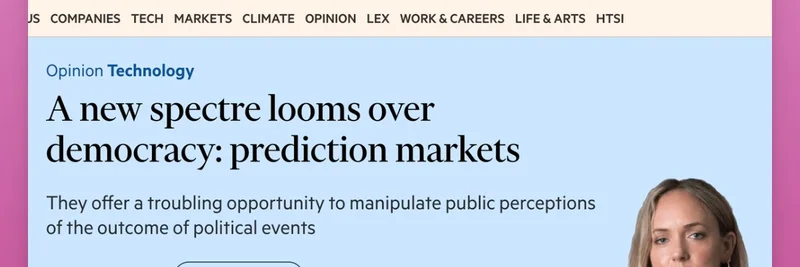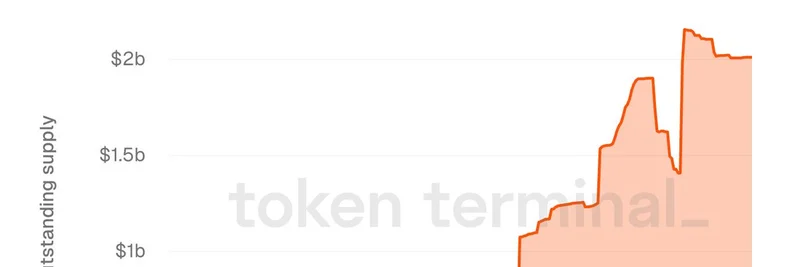In a recent tweet from Laura Shin, the renowned crypto journalist and host of the Unchained podcast, she highlighted a fascinating clip from her latest episode featuring Harry Halpin, CEO and co-founder of Nym Technologies. The discussion centers around the future of privacy in blockchain, specifically privacy DEXs (decentralized exchanges), private smart contracts, and encrypted Layer 1 blockchains. If you're into meme tokens, this could signal big changes ahead for how we trade and interact with them anonymously.
Check out the original tweet here, where Shin teases the massive opportunity in this space but warns about the underestimated mathematical hurdles.
Understanding Private Smart Contracts and Their Complexity
Private smart contracts are essentially self-executing agreements on a blockchain that keep sensitive data hidden from prying eyes. Unlike traditional smart contracts on platforms like Ethereum, where everything is transparent and public, private ones use advanced cryptography—think zero-knowledge proofs (ZKPs)—to verify transactions without revealing the details. ZKPs let you prove something is true (like owning enough tokens for a trade) without showing the actual proof.
Halpin points out that while the potential is huge, most teams dive in without grasping how tricky the math gets. He shares that it took him years to fully trust Zcash's codebase, a pioneer in private transactions using ZKPs. Even Zcash hasn't cracked all the puzzles yet, like scaling privacy features without sacrificing speed or security. This complexity explains why we're not seeing widespread adoption of these tools.
In the clip, Halpin name-drops several projects pushing the envelope: Cardano's Midnight sidechain, Aleo (a privacy-focused platform), and Polkadot, where founder Gavin Wood has long advocated for privacy. He also recalls how Changpeng Zhao (CZ), former Binance CEO, was an early investor in privacy tech and publicly wondered why no one had built a truly private DEX. "It's crazy," Halpin says, emphasizing the gap in the market.
How This Ties into Meme Tokens
Meme tokens, those fun, community-driven assets like Dogecoin or newer ones on Solana, often explode in popularity overnight. But trading them on public blockchains means every move is trackable. Bots can front-run your trades (jumping in ahead to profit off your intent), and regulators or hackers might trace wallets back to individuals. Enter private smart contracts and privacy DEXs—they could change the game by enabling anonymous trades.
Imagine swapping your favorite meme token without broadcasting your wallet balance or trade size to the world. This privacy could attract more investors wary of surveillance, making meme token ecosystems more robust and inclusive. For creators launching new tokens, encrypted contracts might ensure fairer distributions, reducing sniping by automated scripts.
Halpin's take underscores that building this isn't easy; it requires "hardcore committed teams" to push through the mathematical and engineering challenges. Projects like Nym Technologies are working on network-level privacy, which could complement these efforts by hiding transaction metadata.
Community Reactions and Emerging Solutions
The tweet sparked a lively thread with replies echoing Halpin's sentiments. One user noted, "Math IS the hardest part, always," while another questioned if math is the only barrier to mainstream privacy. Some shilled specific projects: the TEN protocol claims to be solving advanced privacy issues, and Redacted mentions their work on private swaps for native assets like BTC and ETH on THORChain—without bridges or wrapping.
These responses show the crypto community is hungry for privacy solutions, but aware of the hurdles. For meme token enthusiasts, keeping an eye on these developments could mean spotting the next big trend early.
As blockchain evolves, privacy isn't just a nice-to-have; it's becoming essential, especially in volatile spaces like meme tokens. If Halpin's predictions hold, the teams that master this complex math could unlock trillions in value. Stay tuned to Meme Insider for more updates on how tech like this shapes the meme token landscape.



